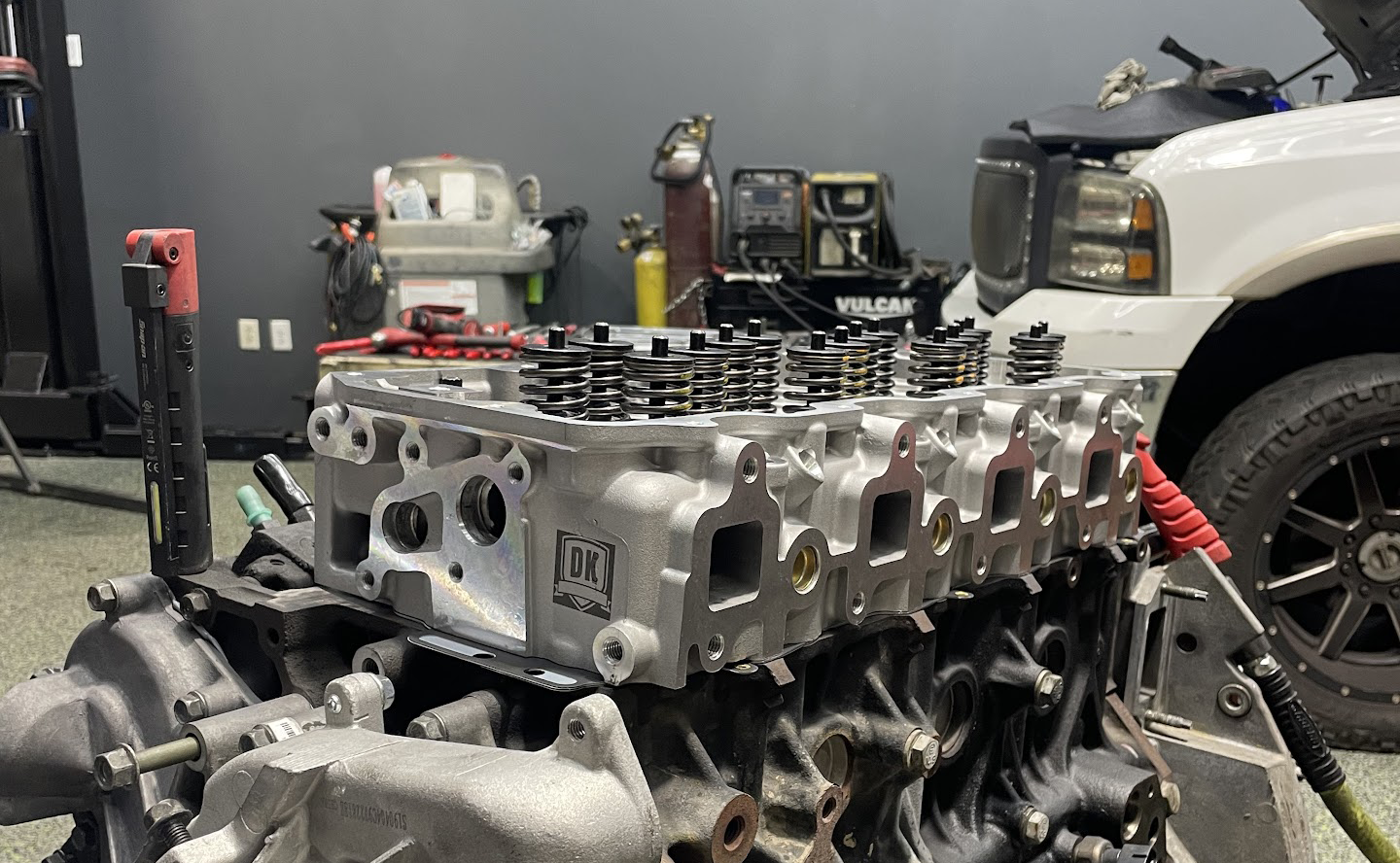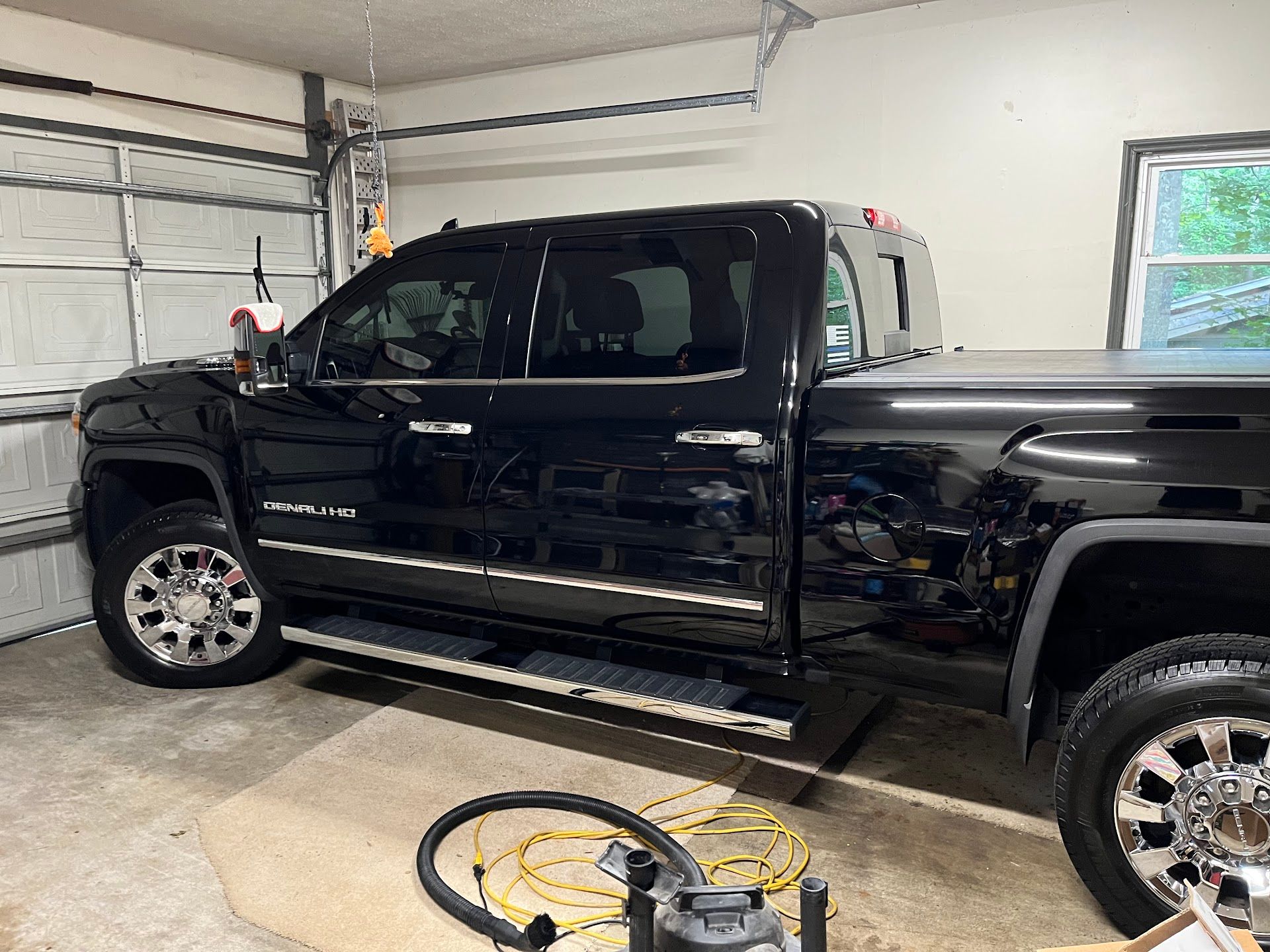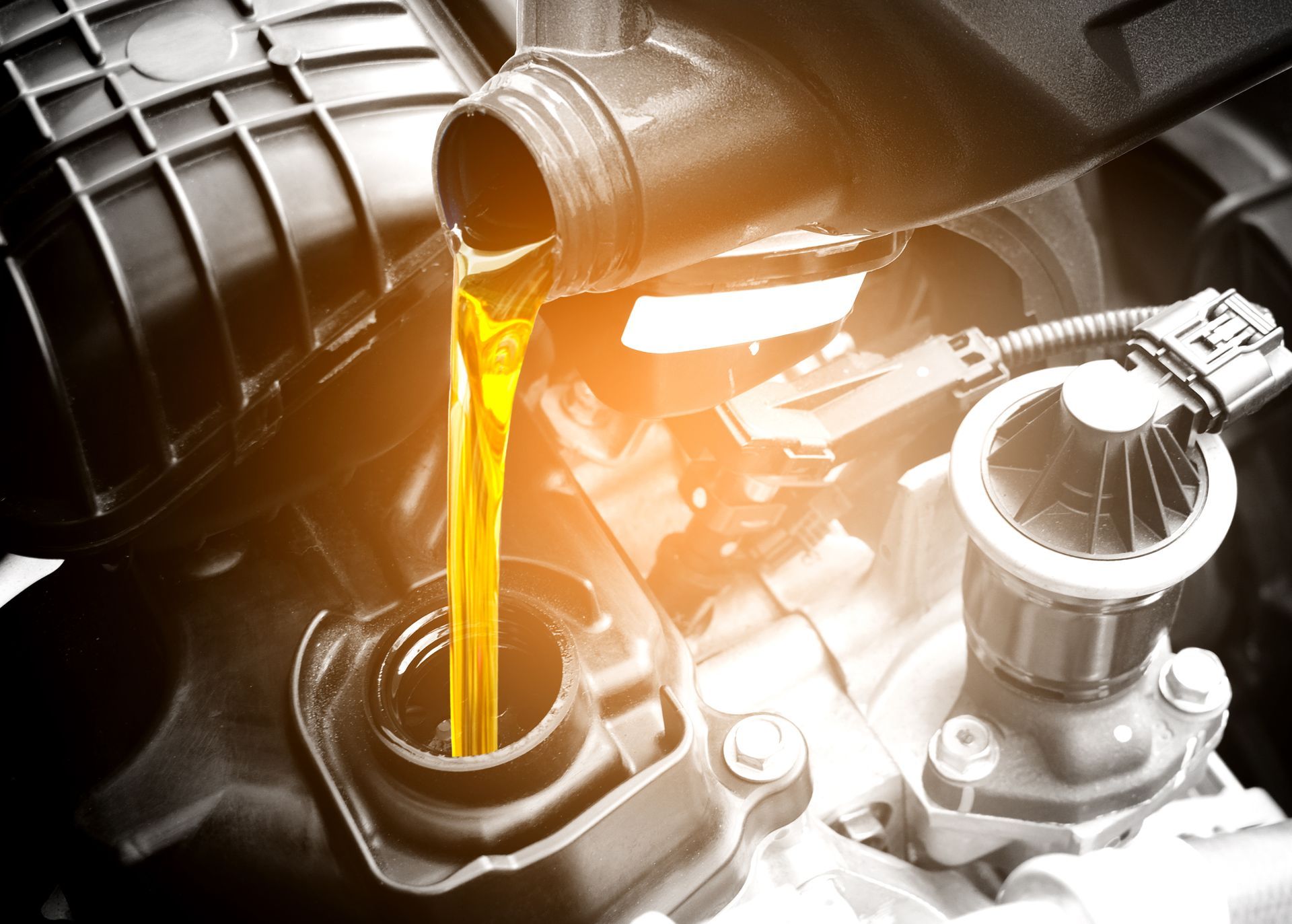Check Engine Light Flashing? Common Causes and Fixes for Woodstock, GA Drivers
Few things are more alarming than seeing your check engine light start flashing while you're driving. Whether you're heading down Main Street in Woodstock or cruising along I-575 toward Atlanta, a flashing check engine light demands immediate attention—it's your car's way of screaming that something is seriously wrong.
Unlike a solid check engine light that indicates a problem you should address soon, a flashing check engine light means you need to pull over safely and stop driving immediately. Ignoring this warning can lead to catastrophic engine damage and repair bills that could easily exceed your vehicle's value.
Flashing vs. Solid Check Engine Light
Understanding the difference between these two warnings can save you thousands in repair costs:
A solid check engine light indicates a problem that needs attention but isn't immediately damaging your engine. You can usually continue driving carefully to a repair shop, though you should address the issue promptly.
A flashing check engine light signals an active misfire or other serious condition that's actively damaging your engine. Every second you continue driving increases the potential for expensive damage to your catalytic converter, engine internals, or other costly components.
The flashing pattern serves as an urgent warning system—your vehicle's computer is detecting conditions that can destroy engine components in minutes or miles, not days or weeks.
Most Common Causes of a Flashing Check Engine Light
Several issues typically trigger this urgent warning:
Engine misfires are the most frequent cause of flashing check engine lights. When one or more cylinders aren't firing properly, unburned fuel enters your exhaust system and can quickly overheat and destroy your catalytic converter.
Faulty ignition coils prevent spark plugs from firing correctly, causing misfires. Georgia's hot summers can accelerate ignition coil failure, especially in vehicles with high mileage or deferred maintenance.
Bad spark plugs or wires create weak or inconsistent sparks that lead to misfires. Spark plugs typically last 30,000-100,000 miles depending on type, but extreme heat and stop-and-go traffic around Woodstock can reduce their lifespan.
Fuel injector problems can cause cylinders to run too lean (not enough fuel) or too rich (too much fuel), both of which can trigger misfires and engine damage.
Vacuum leaks allow unmeasured air into the engine, disrupting the precise air-fuel mixture needed for proper combustion.
Timing chain or belt issues can cause valves and pistons to be out of sync, leading to misfires or even catastrophic engine damage.
Why Immediate Action Is Critical
A flashing check engine light isn't just inconvenient—it's a financial emergency waiting to happen:
Catalytic converter damage occurs quickly when misfiring engines send unburned fuel into the exhaust system. Replacing a catalytic converter can cost $1,000-$3,000 or more, depending on your vehicle.
Engine damage can happen rapidly when misfires cause overheating, improper combustion, or mechanical stress. Internal engine damage often means rebuild or replacement costs of $5,000-$10,000 or more.
Total vehicle loss is possible if you continue driving with severe misfires. The cost of repairs can easily exceed your vehicle's value, especially on older cars.
Safety concerns arise when engine power becomes unpredictable. Misfiring engines may suddenly lose power while climbing hills around North Georgia or merging onto busy highways.
What to Do When Your Check Engine Light Flashes
If your check engine light starts flashing while driving:
Pull over safely as soon as possible. Don't try to make it home or to a repair shop—find the nearest safe location to stop.
Turn off the engine immediately after reaching a safe location. Continuing to run the engine, even at idle, can cause additional damage.
Check for obvious problems like loose gas caps, disconnected vacuum hoses, or unusual smells that might indicate overheating or burning components.
Call for help rather than attempting to drive further. A tow to a repair shop is much cheaper than a new engine or catalytic converter.
Document any symptoms you noticed before the light started flashing, such as rough running, loss of power, unusual noises, or strange smells. This information helps technicians diagnose the problem quickly.
Local Factors That Contribute to Check Engine Problems
Woodstock's driving environment creates specific challenges that can trigger check engine lights:
Summer heat stresses ignition components and can cause premature failure of coils, spark plugs, and sensors. Temperatures regularly reaching the 90s put extra strain on these electrical components.
Stop-and-go traffic during Atlanta commutes prevents engines from reaching optimal operating temperatures consistently, which can lead to carbon buildup and component wear.
Hilly terrain around Cherokee County forces engines to work harder, especially during hot weather. This extra stress can reveal weakness in ignition systems or fuel delivery components.
Seasonal temperature swings cause expansion and contraction of engine components, potentially loosening connections or cracking aging parts.
Professional Diagnosis Is Essential
Modern vehicles have complex computer systems that require professional diagnostic equipment to properly identify check engine light causes:
Advanced scan tools can read manufacturer-specific codes and live data that basic code readers miss. These tools provide detailed information about exactly which cylinders are misfiring and why.
Component testing verifies whether parts like ignition coils, fuel injectors, or sensors are actually faulty or just triggering codes due to other problems.
System analysis helps identify root causes rather than just symptoms. For example, a vacuum leak might cause multiple codes, but fixing the leak resolves all related issues.
Proper repairs ensure problems are fixed correctly the first time, preventing repeated failures and additional damage.
Get Professional Help Immediately
A flashing check engine light is never a "wait and see" situation. Whether you're dealing with misfires, ignition problems, or fuel system issues, immediate professional diagnosis can save you thousands in preventable damage.
The ASE-certified technicians at Diesel David Inc have the advanced diagnostic equipment and expertise to quickly identify why your check engine light is flashing. We understand that these problems need urgent attention and can often provide same-day service to get you back on the road safely.
Don't risk catastrophic engine damage. If your check engine light is flashing, call Diesel David Inc immediately at (770) 874-5094. We'll help you determine whether it's safe to drive to our shop or if you need towing, and we'll get your vehicle diagnosed and repaired quickly with our 2-year/24,000-mile warranty.









